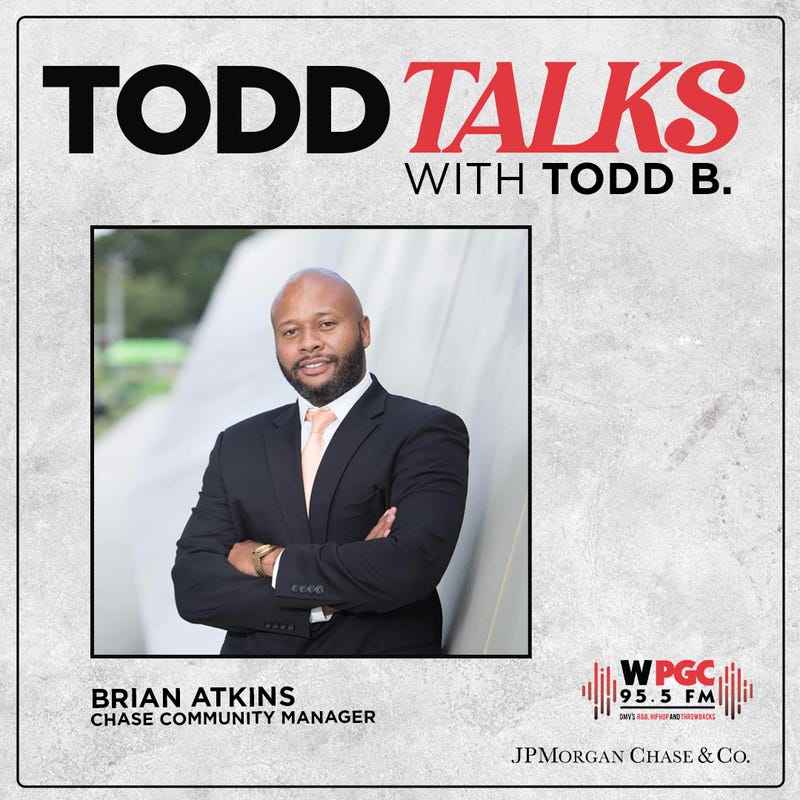
Our Partner with JPMorgan Chase & Co, Brian Atkins, Community Manager, Chase discusses the subject of Debt Management. As many Americans are facing challenging financial times, it is critical to put positive practices in place to overcome pitfalls and bad habits with your finances.
If you've found yourself in credit card debt, you're not alone. According to TransUnion, the average American has $5,474 in credit card debt—and the number of people in debt continues to climb. Brian Atkins, Community Manager from Chase, discusses the importance of debt management, including key steps to take and how to rid yourself of any debt stress.
Falling into debt is undoubtedly stressful—it can feel like you're carrying around a weight. If you're dealing with your own financial burden or a loved one’s, long-term debt can distract you from living your regular day-to-day life. Finding a way to address your debt can be difficult, but it's important to manage it because you could spiral into further debt or other complicated situations if it's not addressed early. One way to jumpstart your debt management is by setting up a debt management plan, which is a
roadmap for how you plan to repay your debts. Debt management plans can be made either on your own or through a credit counselor or debt relief program:
DIY Debt Management – While it may be a major undertaking, managing debt on your own is not impossible. If you're looking to find ways to navigate your financial situation on your own (and perhaps set yourself up for better habits in the future), there are resources you can use to build your own plan.
Credit Counselor or Debt Management Company – If you want support from a professional, a credit counselor is a professional who has experience in understanding finances and budgeting. As experts in credit, they can help you figure out your financial situation, provide budgeting tips and personalize a plan for you.
The first thing you need to do is have a thorough understanding of your current financial landscape. Start by listing out your outstanding balances and give your budget a detailed look. Check with your bank for free online tools that can help break down some of these numbers. For instance, the Chase Credit Journey tool helps you understand your current credit score and how settling debts can help to improve it. You may want to ask yourself the following questions:
What type of debt do you owe?
Which debt would be cost-effective and helpful to pay off first?
How much money are you spending on non-essential items?
A credit counselor or a nonprofit debt management company can sit down with you and help you learn how your finances work, what actions to take and, other helpful advice. Working with a professional may come with negotiations about monthly payments, waiving fees and getting you a lower interest rate.
When looking for professional assistance, make sure you consider the following:
Are you working with a company that has a long history with a good reputation?
Are the costs/fees reasonable for the services they offer?
Remember that no matter how much debt you are in or what your financial situation is, managing money can be stressful. Taking proactive steps—whether that's creating a debt management plan with a credit counselor or developing one yourself—can help empower you to start making financially healthier decisions and set yourself up for a better financial future.
For more information, tools and resources to help support your financial health anytime, visit chase.com/financialgoals.
